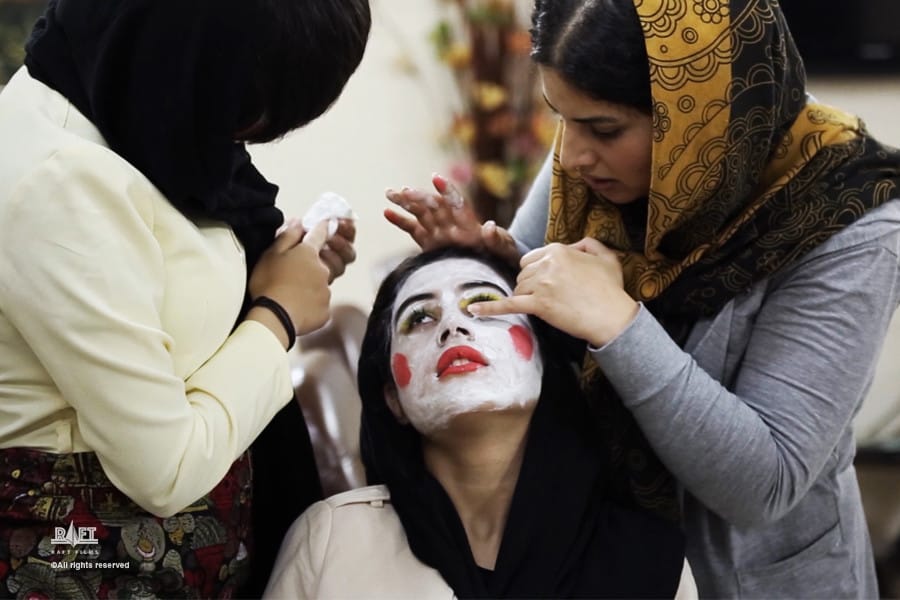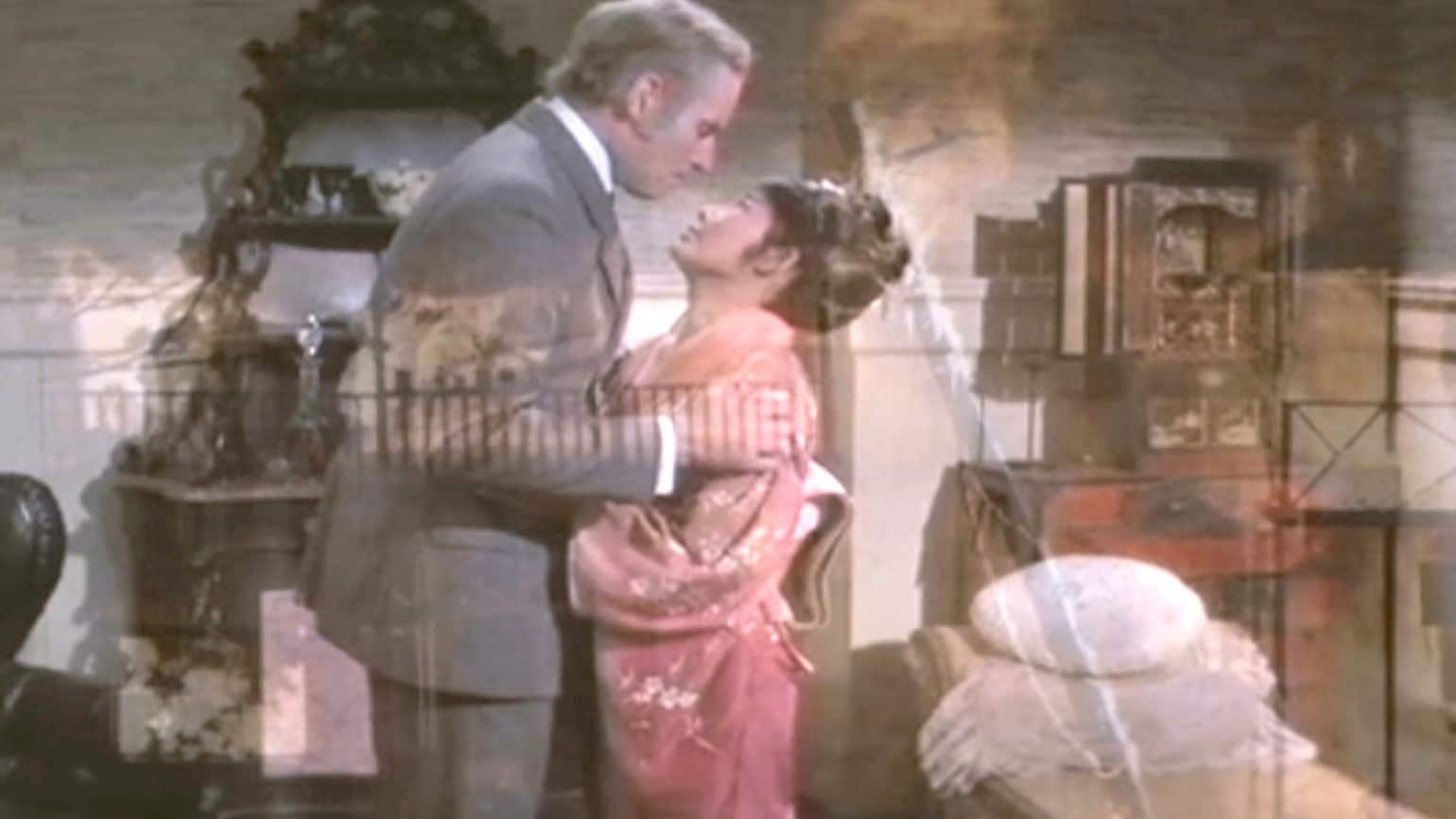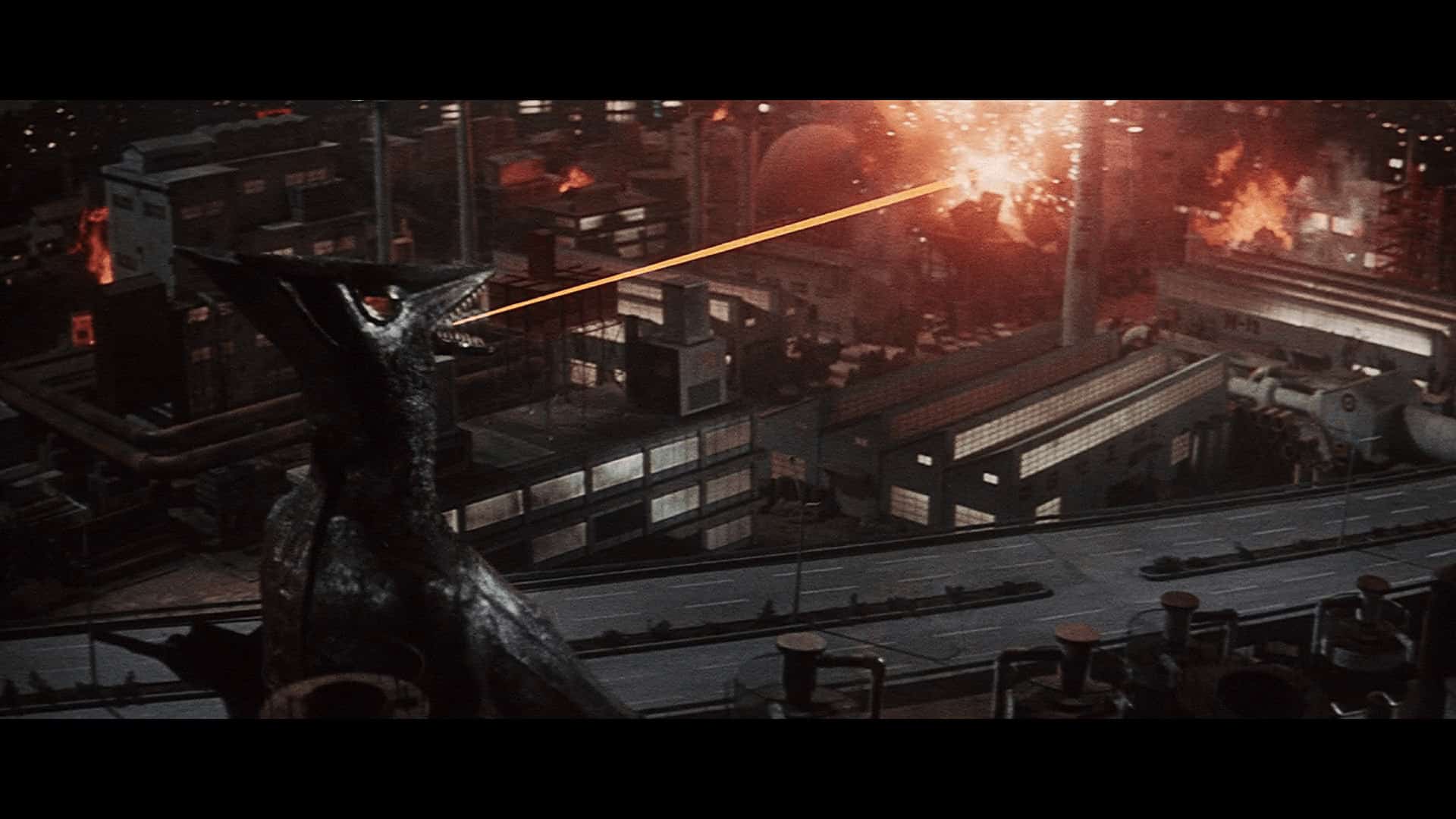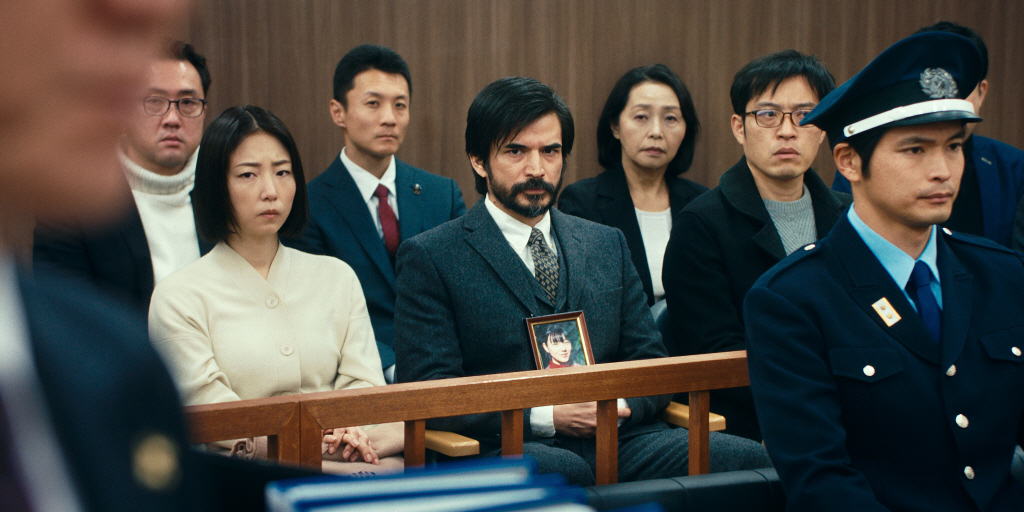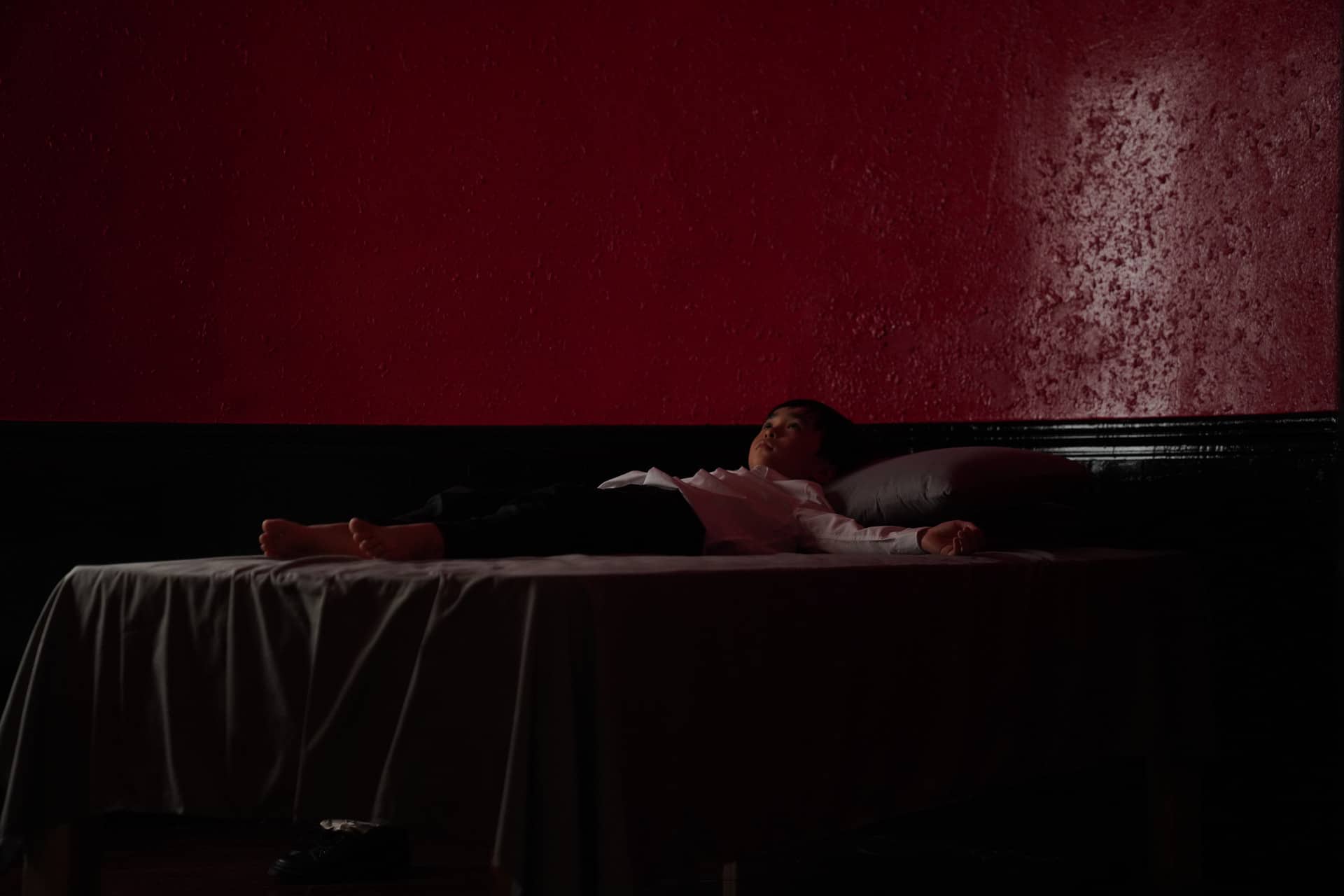Customs like marrying a 14-year-old girl to her late sister's husband may sound medieval to the western ear, but unfortunately, for a number of countries around the world, they are the rule. Twin brothers Hadi and Mehdi Zarei explore such a case, where a family of Afghan immigrants in Iran forces a girl to do just that, even if the “groom” is violent, abusive, and a drug addict. Khatemeh, trying to escape her fate, finds refuge in a Welfare Center in Shiraz, where UN social workers are willing to help her get a divorce. Her brother, however, is not willing to let her go and eventually even the girl is revealed as something completely different.
Khatemeh won the Best Documentary Feature Award at the Herat International Women's Film Festival
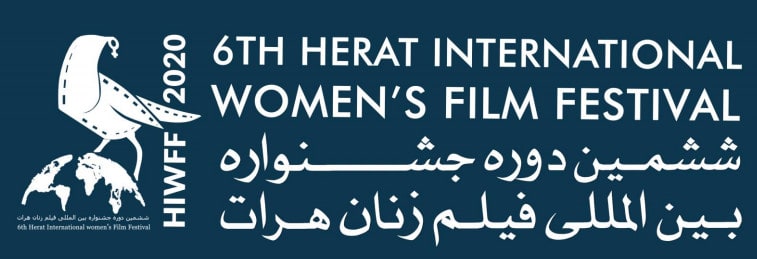
The concept of “real-life exceeds fantasy” finds one of its apogees here, since it is doubtful any scriptwriter could come up with a story as cinematic as the actual one we see unfolding in front of our eyes. Taking things from the fact that Khatemeh's family wants to marry her to a man who was the cause of her sister's suicide, and continuing to the circumstances of the actual marriage (Khatemeh states that her husband had forceful sex with her 10 times in her wedding night while he insists it was just 5, among other extreme situations) a truly nightmarish setting begins to appear to the viewer.
Her brother is soon revealed as a true villain, who does not care at all about his sister, just for his rather extreme code of honor. Phrases like “Death is better than being a whore” are just some of the words that come out of his mouth, for a man who is truly relentless in his pursuit. The woman in charge of the Welfare center does her best to help Khatemeh, essentially against all odds, but at some point, she also gets fed up, not only due to the threats she receives, but also to the metastrophe the girl eventually exhibits, as Khatemeh seems to experience an intense adolescence. Lastly, the ending provides the cherry on top of how cinematic real life could be, in the most dramatic fashion one could expect.
The two directors show intense bravery in capturing all that is happening, coming up with a movie where tension starts from the beginning and never actually seizes. The fact that they manage to portray all the perspectives of the case, including Khatemeh's, her family's, her husband's and of the social workers presents the whole story in the best way, while the conclusions are strictly left to the viewer. The editing is excellent, inducing the film with a rather fast pace that works quite well for the presentation, and actually makes the 90 minutes of the duration seem much less.
Mentioning more about the movie will detract from the sense of shock it provides, so it suffices to say this is one of the most captivating documentaries of the latest years.


